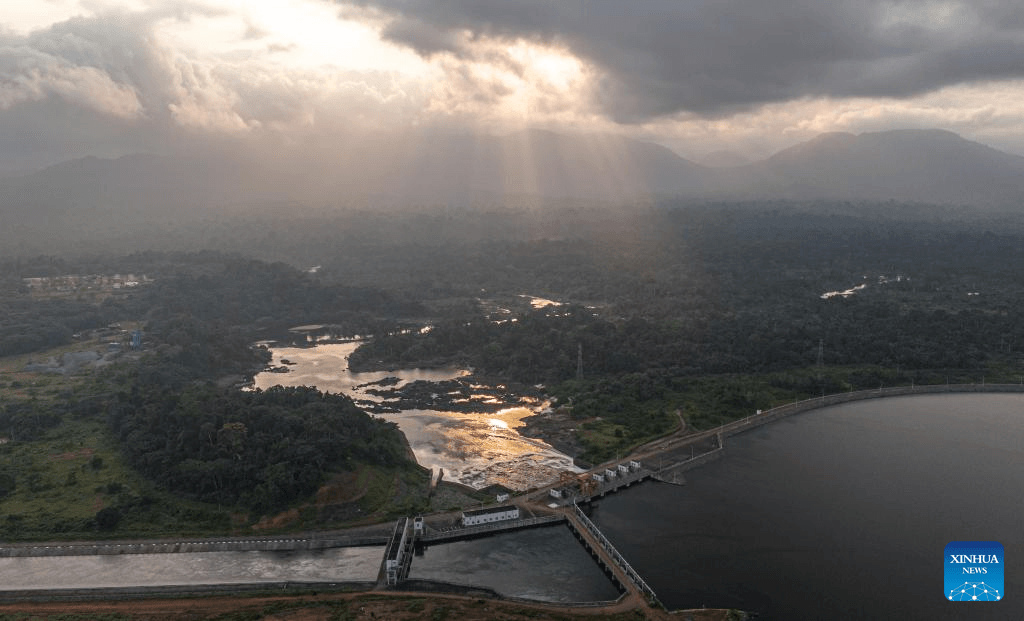Australian miner Base Titanium could commence post-mining operations at the current Kwale mines by end of November, and remains positive on the future of Kenyan operations in other regions.
The decision, according to management, is pegged on results from exploration activities it has been conducting in Kwale East, whose results are expected i about six weeks.
This is on an exploration licence number 2018/0119 secured in 2018, before the government moratorium (currently partially lifted), came into force in 2019.
Exploration on the area adjacent to its current operations site were however delayed, after the company faced resistance from a section of the community until early this year.
“The results will determine if there are viable minerals to mine so it means either an extension or moving to the closure and post-mining phase,” General Manager External Affairs, Simon Wall, told the Star in an interview.
If the deposits are not commercially viable deposits, this will set the stage for a phased closure of the current Kwale operations which the company is hoping could go beyond November-December 2024.
“So far the timelines remain the same but the results are expected in six week’s time,” said Wall.
Post-mining operations include the process of decommissioning and reinstatement.
If a mine is not attended to in a proper way, it can give rise to catastrophic environmental effects for a long time ahead.
Base entered Kenya’s mineral sector in 2010 with operations in Kwale commencing in 2013.
The first shipment of minerals from its Mombasa port facility was made in February 2014.
The capital expenditure on its project to date is to the tune of $370 million (Sh55.3 billion).
In the year ending June 2022, Base paid Treasury $30.07 million (about 4.3 billion-current exchange rate) in royalties, and $26.8 million (Sh4 billion) in corporate and withholding taxes.
Base, which accounts for 65 per cent of Kenya's mineral exports, is however hopeful it could continue mining in Kenya if granted rights with the lifting of the moratorium by the government.
Mining activities will however be determined by findings from exploration, if licenses are given, where the company is keen on Tana River, Lamu and Taita Taveta-Kwale border.
Prospecting licence applications lodged for an area totalling 722 km2 in the Kuranze region of Kwale County, about 70 km west of Kwale operations, together with applications for an area south of Lamu, totalling 888 km2, are still yet to be granted.
Cabinet in a sitting held on October 3, agreed to a phased lifting of the moratorium which started with construction and industrial minerals, where 56 mineral types among them soda-ash , limestone and marble, gemstone and gypsum were cleared.
About 14 have been declared “strategic minerals” which include the rare earth minerals being mined by Base Titanium.
"I have already met senior staff at the ministry and we have discussed how we will begin issuance of new licenses," Mining Cabinet Secretary Salim Mvurya said during a briefing.
The Lamu, Tana River explorations are however long-term plans as it would take between five to 10 years, if not longer, to establish the existence of adequate resources before making heavy investment.
“We hope to continue contributing to the growth of Kenya’s mining sector,” Wall said.
However, the company’s future is dependent on mineral deposits where it has been mining and exporting Titanium ores-Rutile, Zircon and Ilmenite, mainly to China.
Titanium is used in chemical processing equipment, desalination plants, power generation equipment, and offshore oil and gas platforms.
Rutile is used to produce light, strong, corrosion-resistant titanium metal for use in aircraft, spacecraft, motor vehicles and desalination plants.
Titanium metal is also biocompatible with the human body and is thus used for surgical implants such as knee and hip replacements.












